Going Global? Here Are The Top 10 Languages For Website Translation

If you’re considering taking your business global, congratulations! You’re embarking on an exciting journey that will open up new opportunities for your company. But before expanding your reach, you need to ensure your website is accessible to a wider audience by translating it into different languages.
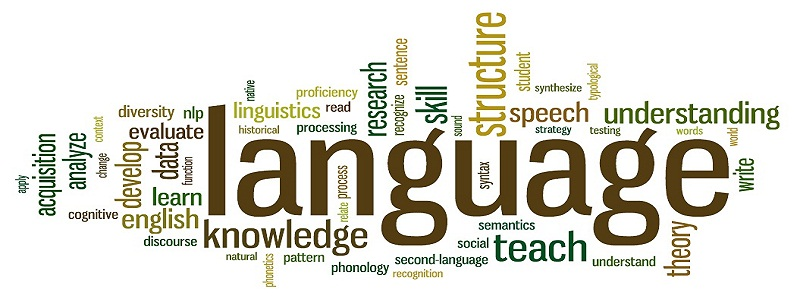
Not sure which languages to translate your website into? This blog post will help you narrow down your options. We’ve compiled a list of the top 10 languages for website translation based on factors like online accessibility and market potential. Whether you’re just starting with website translation or trying to branch out into new markets, this list is a great place to start.
Top 10 Languages To Consider For Website Translations
By translating your website into one or more of these languages, you’ll be able to reach a wider audience and expand your business.
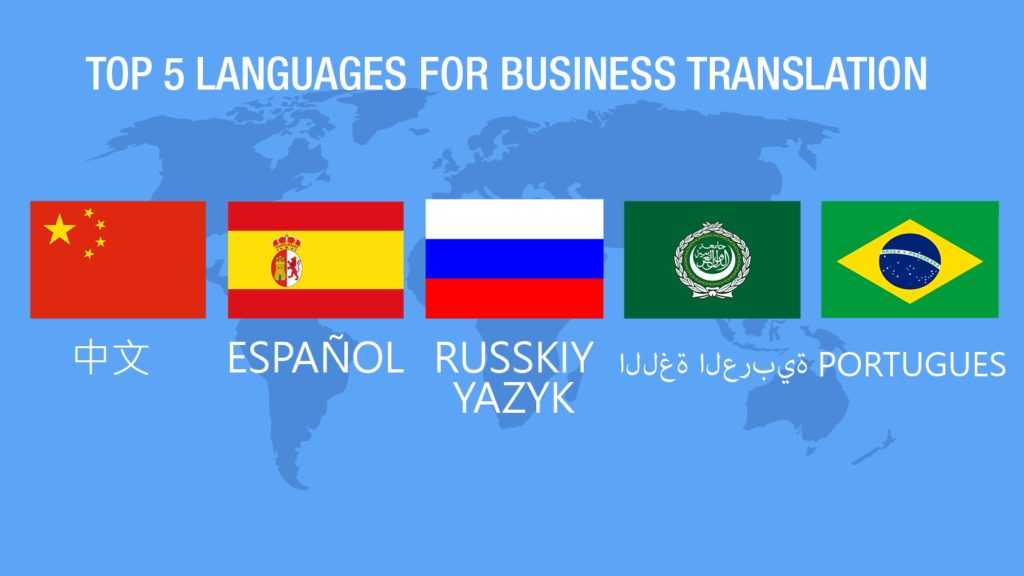
1. Mandarin Chinese
Mandarin is the most spoken language in the world, with over 1 billion speakers. It is also China’s official language. More and more businesses are looking to expand into China, and Mandarin Chinese language translation is a great way to reach Chinese customers.
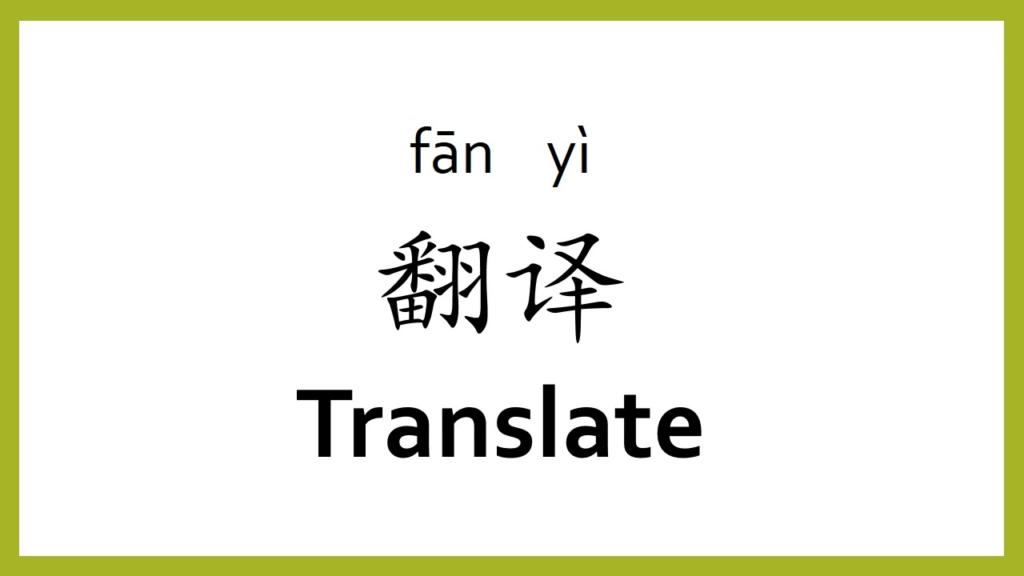
It can help you build trust and credibility with your Chinese audience, and it can also help you rank higher in search engines in China. If you want to reach a global audience, Mandarin Chinese website translation is a great way to get started.
2. Spanish
Spanish is the third most commonly used language on the internet. There are over 400 million Spanish speakers worldwide; and the number is growing. Spanish is also the second most popular language for international business.
If you’re looking to expand your business into new markets, Spanish can help you reach a larger audience. Spanish is also a beautiful and poetic language. A website translated into Spanish can add a touch of elegance and sophistication.
3. English
English is the most widely spoken language in the world, with over 1.5 billion people speaking it as their first language. Your website will have a much larger potential audience if translated into English.
In addition, English is the language of business, so translating your website into English will give you a professional edge. English is also the language of the Internet, so it will be easier for people to find your website if it is in English.
Finally, English is a relatively easy language to learn, so it will be easier to hire a professional translator to do the job.

4. Arabic
There are many reasons to consider Arabic for website translation. Arabic is the fifth most spoken language in the world, with over 422 million speakers. It is also the official language of 26 countries, including some of the most populous countries in the world, such as Egypt, Sudan, and Morocco.
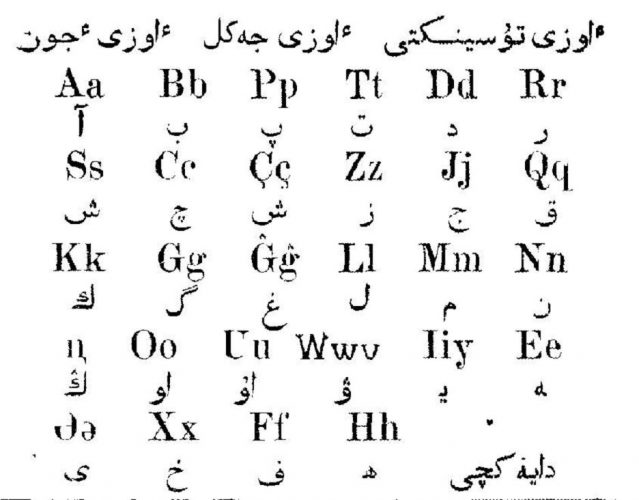
Translating your website into Arabic can help you reach a new and untapped market of potential customers. It can also give you a competitive edge over other businesses in your industry that have not yet made an effort to reach out to Arabic speakers.
5. Portuguese
Portuguese is spoken by over 250 million people worldwide, making it the sixth most spoken language in the world. It’s the official language of Portugal, Brazil, and several other countries in Africa and South America. And it’s one of the fastest-growing languages in the United States.
Portuguese is also a relatively easy language to learn. Portuguese is considered a “Category II” language for English speakers, meaning it’s not as difficult to learn as a language like Mandarin or Arabic. Even if you’re starting from scratch, you can likely learn Portuguese relatively quickly and be able to communicate with a large number of potential customers.
6. Russian
There are many reasons to consider Russian for your website translation needs. Russian is the fifth most spoken language in the world, with over 260 million speakers. It is also the official language of the Russian Federation, which has the world’s ninth largest economy.
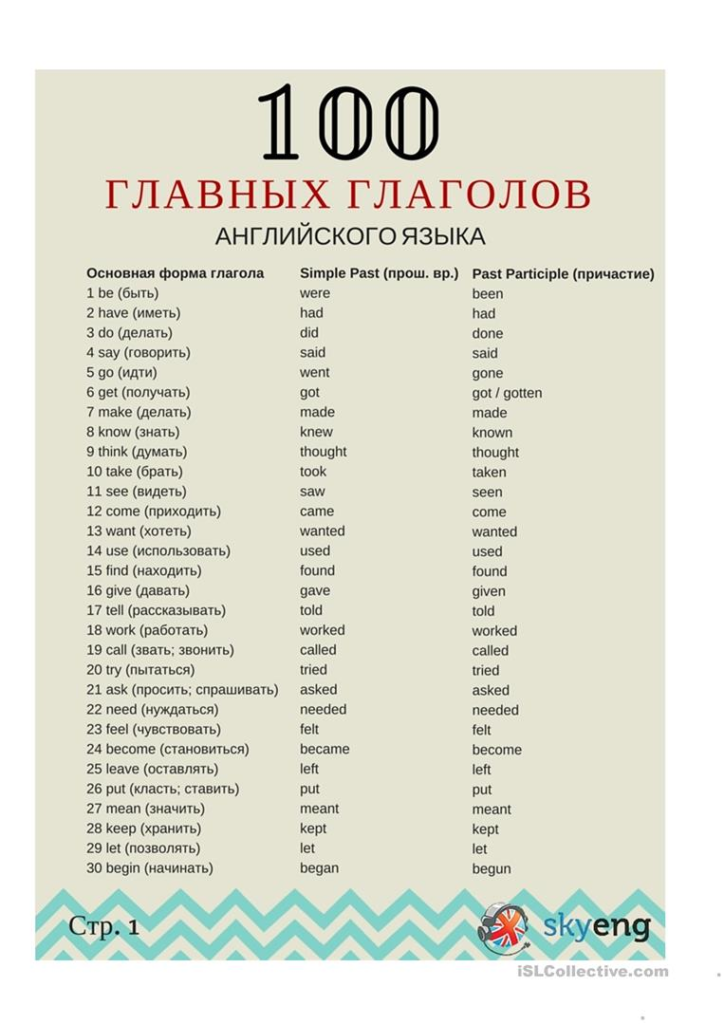
In addition to its large number of speakers and status as a major world economy, Russian is a very challenging language to translate. Russian has three genders (masculine, feminine, and neuter) and six different cases (nominative, accusative, genitive, dative, instrumental, and prepositional). This can make it difficult to find the right word or phrase when translating into Russian.
However, by working with a professional Russian translation service, you can be sure that your website will be accurately translated into Russian. This will give you access to a great market and many more business opportunities.
7. Japanese
Japanese is the 127th most spoken language in the world, with about 128 million speakers. It is also Asia’s third most spoken language and the second most spoken East Asian language after Mandarin Chinese.
Japanese is also a very popular language for websites. In fact, Japanese is the sixth most common language used on the internet. This is partly due to many Japanese internet users and the fact that Japanese is one of the few Asian languages with a Latin alphabet. Website translation into Japanese can help you reach a larger audience and tap into a growing market. Japanese website translation can also help improve your search engine optimization and rankings.
8. French
French is a popular language to translate websites into, as it’s spoken by over 274 million people worldwide. France is a large and economically important country, and it’s a very popular language for language enthusiasts as well.
There are many benefits to translating your website into French. For one, it can help you reach a wider audience. It can also show your commitment to serving a global community, boosting your reputation. And, of course, it can help you connect with French-speaking customers and clients.
9. German
German is the most widely spoken language in Europe. Additionally, German is a highly respected language in the business world, so translating your website into German can help give your company a more professional image.
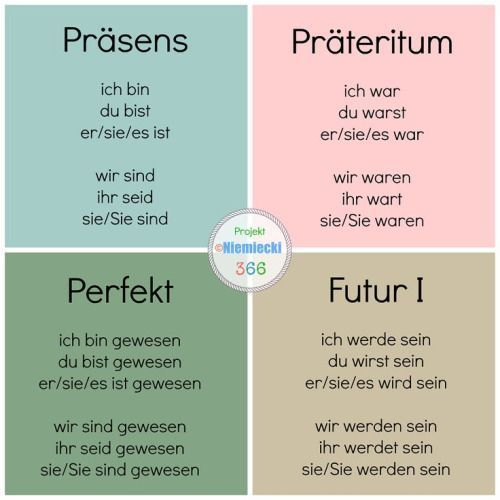
German is spoken by more than 120 million people worldwide and is the official language of Germany, Austria, and Switzerland. It’s also a major language of science, business, and diplomacy. Additionally, German is a relatively easy language to learn so you can find language professionals for the translation.
10. Hindi
Hindi is the third most spoken language in the world, with over 500 million speakers. It is also the official language of India, one of the world’s fastest-growing economies.
Additionally, Hindi is closely related to other languages spoken in South Asia, such as Urdu, Bengali, and Nepali. Translating your website into Hindi could also make it accessible to speakers of these other languages.
There are many reasons to consider Hindi for website translation. Ultimately, deciding which language to translate depends on your specific business goals and target audience.
How to Determine Which Language Works For You
The trend of globalization has compelled businesses to consider website translation to ensure they are not missing out on valuable customers in other countries. The website translation process is more complex than simply translating the text on your website into another language.
You must also consider the culture of your target audience and ensure that your website design and layout effectively communicate your message. To find out which language works for you, do your market research to understand your target audience. You can ask your audience to fill out some surveys or talk to them directly. Social media platforms can come in very handy to engage with your followers easily.
You can choose languages for website translation in different countries and regions. The most important factor is that your target audience can understand you. Accordingly, you can opt for website translation services and a professional website for different countries. You can test-run your website to check the result and modify it for more clarity.
To Summarize
Understanding which language works best for your website translation depends on your website’s requirements and your target audience’s location.
Once you determine this and use the list of 10 languages mentioned in this blog, you’ll be able to translate your website better.
FAQs
Website translation is important because it helps your target audience better relate to your brand and business.
Translating a website closes the language gap. But localizing adapts it to the audience’s vernacular and meets their cultural expectations.
Latest Blogs
Learn how to rank on AI search engines like ChatGPT, Perplexity, and Gemini by optimizing your content for authority, structure, and relevance. Stay ahead in AI-driven search with this strategic guide.
Explore the best healthcare SEO services for your medical practice. Improve online visibility and effectively reach more patients in need of your services.
Discover top social media agencies specializing in banking solutions, enhancing financial services and driving engagement.
Get your hands on the latest news!
Similar Posts

App and Website Translation
4 mins read
27 Tips For App Translation and Localization

App and Website Translation
5 mins read
7 Best Practices Of Translating Apps

App and Website Translation
4 mins read